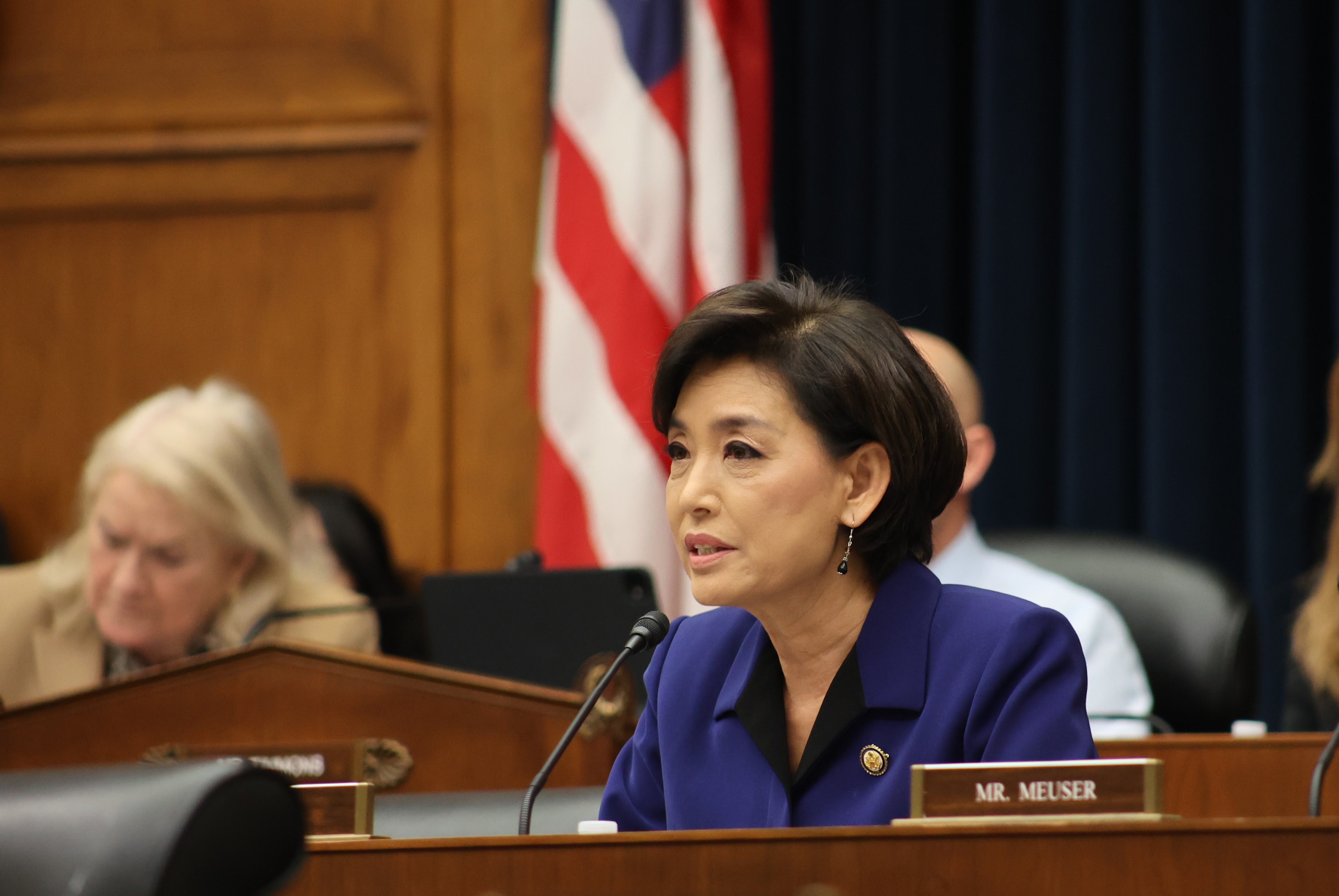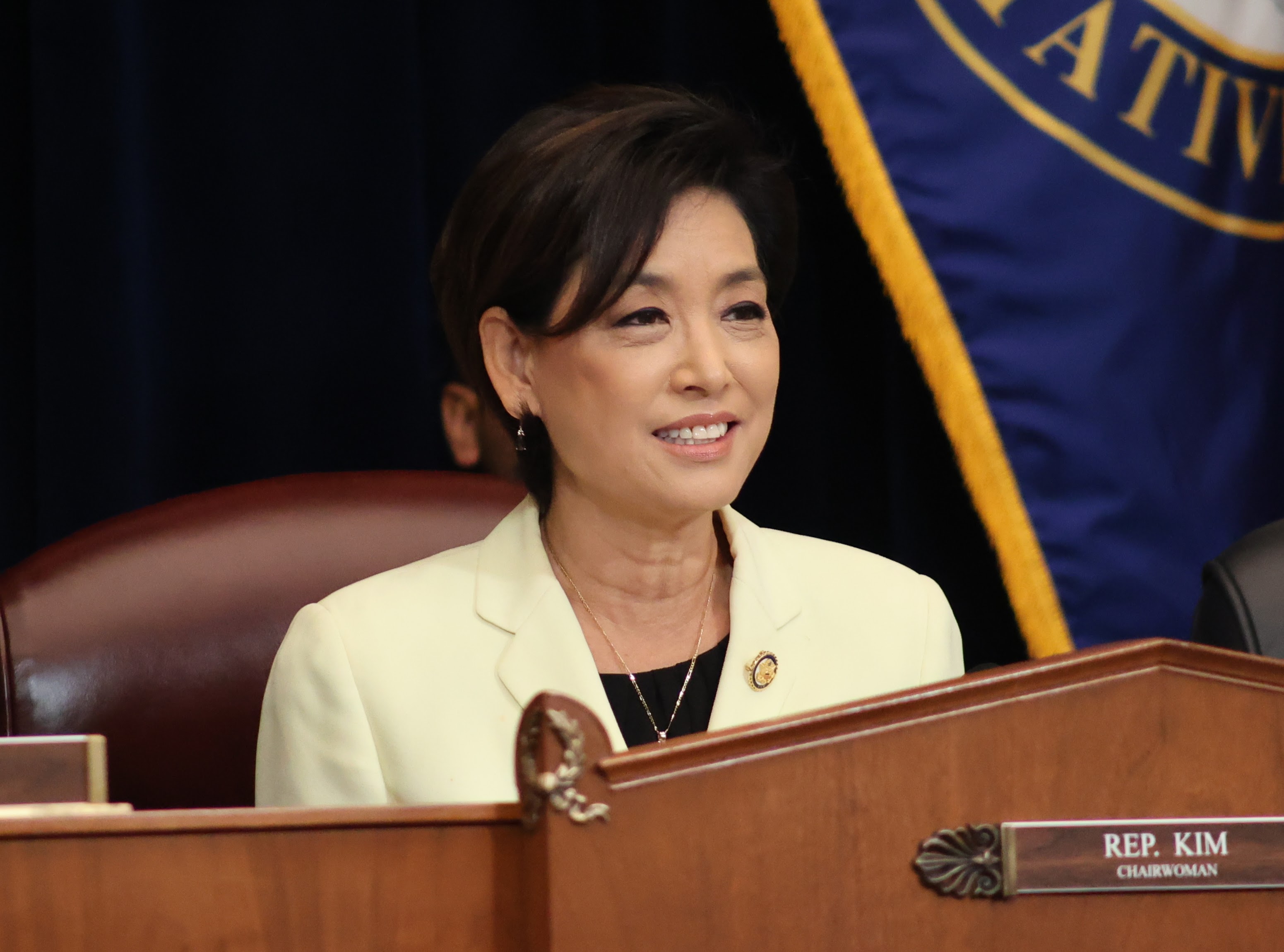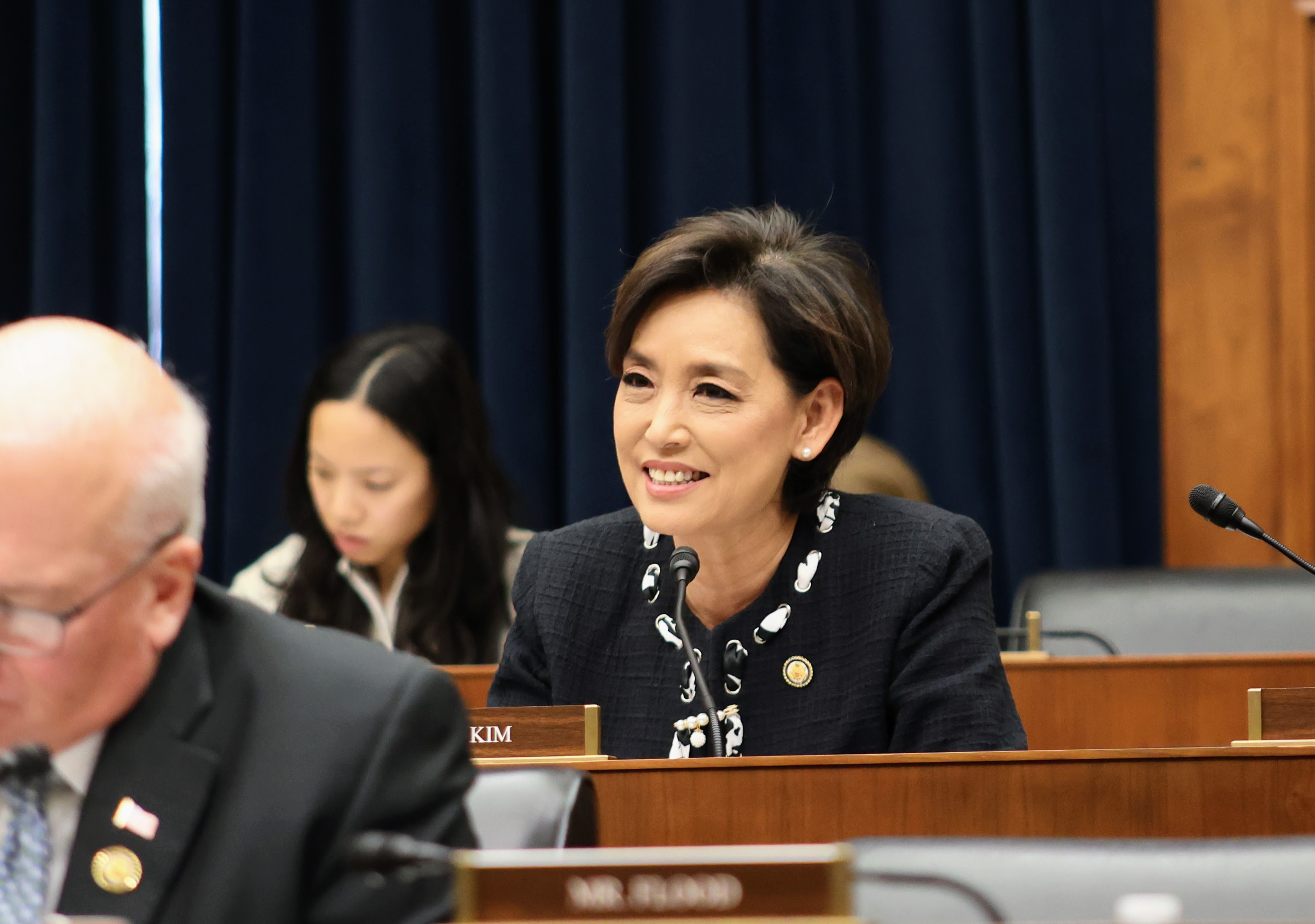Republican lawmakers in Washington expressed dissatisfaction on Wednesday with what they called the Biden administration’s “diplomacy from a position of weakness” in efforts to halt the flow of fentanyl from China to the United States.
The criticism came after US State and Commerce Department officials acknowledged that lifting sanctions on a division of China’s Ministry of Public Security was a “trade-off” aimed at securing Beijing’s cooperation on fentanyl.
During a hearing of the House Subcommittee on the Indo-Pacific, Representative Andy Barr, a Republican from Kentucky, questioned witnesses from both departments about the removal of the Chinese Ministry of Public Security’s Institute of Forensic Science (IFS) from the list of entities sanctioned by the Commerce Department.
The IFS was originally sanctioned in 2020 for allegedly engaging in “activities contrary to the interests of the United States”. When announcing the restrictions, the Commerce Department accused the institution of being “complicit in human rights violations and abuses committed in China’s campaign of repression, mass arbitrary detention, forced labour and hi-tech surveillance against Uygurs, ethnic Kazakhs and other members of Muslim minority groups … in Xinjiang”.
The sanctions were lifted in November after the summit between Joe Biden and Xi Jinping in northern California, when the Chinese leader pledged to join bilateral efforts to curb illegal fentanyl exports to the US.
China, India and Mexico are the world’s largest producers of fentanyl, a synthetic substance 50 times stronger than heroin and one of the main causes of America’s opioid epidemic.
The State Department justified the decision at the time by saying that the IFS listing was “a barrier to achieving cooperation on stopping the trafficking of precursor chemicals”, said spokesman Matt Miller.
At Wednesday’s hearing, Thea Rozman Kendler of the Commerce Department’s Bureau of Industry and Security said the decision to lift the sanctions was made by an inter-agency “review committee.”
“We care both about human rights and fentanyl precursors … and those are both priorities. Sometimes we make trade-offs to protect our national security,” Kendler said, explaining why Washington removed the IFS from the list.
C.S. Eliot Kang of the State Department’s Bureau of International Security and Nonproliferation said both US government agencies must make decisions “of a tactical nature”.
“They are maybe trade-offs that we have to make. But I see total consistency [between] the Trump administration and this administration,” he said.
Kang said Washington has seen “ramped-up enforcement measures … and regulations” by China, “further regulating trade and fentanyl precursors”.
The stance was criticised by Barr and Representative Young Kim, Republican of California and chair of the subcommittee. Barr called for the Biden administration to negotiate with Beijing “from a position of strength” and advocated for the imposition of export controls rather than “making upfront concessions with the hope that China will somehow change its behaviour down the road”.
He asked: “If we want to get tough on China and they are peddling the ingredients for fentanyl, exploiting our open southern border and killing our people by poisoning [them] with fentanyl … why don’t we sanction … these Chinese entities that are responsible for manufacturing this poison instead of taking off a genetic testing arm of the Chinese secret police from the Entity List?”
“I don’t understand why we’re always chasing diplomacy from a position of weakness.”
Kim said that in conversations with the Orange County Sheriff’s Department, which is in her district, she has observed “an increase in fentanyl coming through our southern border” and has demanded practical results from the Biden administration in light of concessions made to Xi. Orange County is just 105 miles from the border with Tijuana, Mexico.
“I’m not sure if you can say that we have addressed this issue. The devil is in the details,” she said.
Kang attributed the alleged increase in fentanyl flow to “a lag effect, and also there’s an inventory that’s been pushed out.” He could not say for sure whether seizures of the substance had actually decreased since the November summit.




